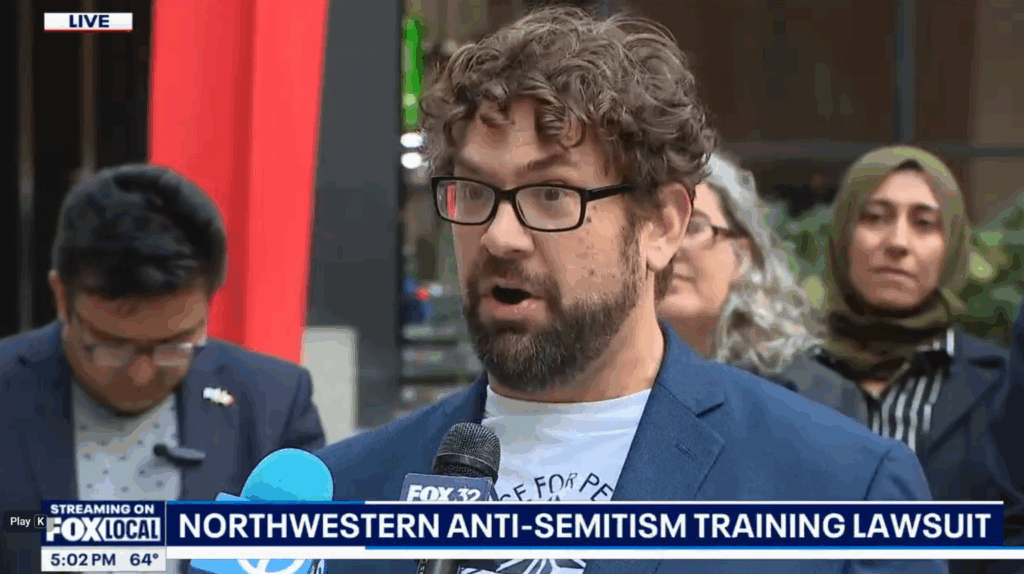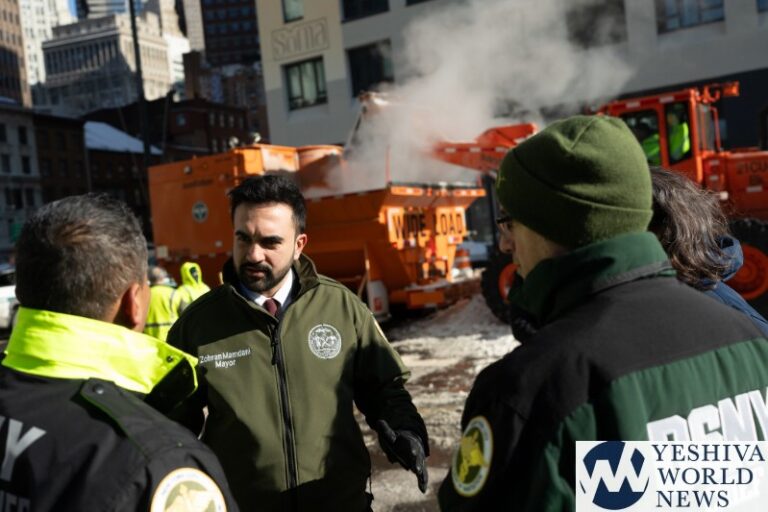The Chicago chapter of the Council on American-Islamic Relations has filed a federal lawsuit against Northwestern University, claiming the school’s mandatory antisemitism training program violates civil rights protections and suppresses pro-Palestinian advocacy.
The complaint, filed last week in the U.S. District Court for the Northern District of Illinois, accuses Northwestern of forcing students to complete a 17-minute bias-training video produced by the Jewish United Fund as a condition for class registration. CAIR brought the case on behalf of Graduate Workers for Palestine, a student group that argues the policy punishes those who refuse to align with a specific political viewpoint on Israel.
According to the lawsuit, roughly 300 students who declined to watch the video were blocked from registering for classes. Dozens of others remain on registration hold, and the university has warned that those who continue to resist the training could lose their student status by early 2026.
The lawsuit argues that the training conflates Judaism and Zionism, framing criticism of Israeli policy as antisemitism and labeling pro-Palestinian speech as hate. It claims this violates Title VI of the 1964 Civil Rights Act, which prohibits discrimination on the basis of race, color, or national origin.
The video at the center of the dispute defines Zionism as the Jewish right to self-determination and describes anti-Zionism as opposition to that right. It includes a series of statements designed to show similarities between anti-Israel rhetoric and antisemitic tropes. CAIR contends that this approach silences Palestinian students and others who oppose Israeli policies or support movements for Palestinian self-determination.
The suit further challenges Northwestern’s adoption of the International Holocaust Remembrance Alliance definition of antisemitism, arguing that it unfairly restricts protected speech and enforces a political orthodoxy on campus.
Legal analysts and Jewish advocacy groups have dismissed the lawsuit as a misrepresentation of federal law and an attempt to deter universities from combating antisemitism. They maintain that antisemitism training programs are consistent with civil rights standards and comparable to other forms of bias prevention training.
Northwestern’s defenders argue that anti-Zionism has increasingly served as a cover for antisemitic behavior, and that education about the connection between anti-Zionist rhetoric and hostility toward Jews is necessary to protect Jewish students from harassment. They point out that the IHRA definition of antisemitism is widely accepted by governments, universities, and institutions across the political spectrum, and that similar anti-bias modules are standard practice in higher education.
They also dispute the claim that Northwestern’s protest policies amount to censorship, describing them as routine “time, place, and manner” rules that apply equally to all student groups and demonstrations.
(YWN World Headquarters – NYC)











